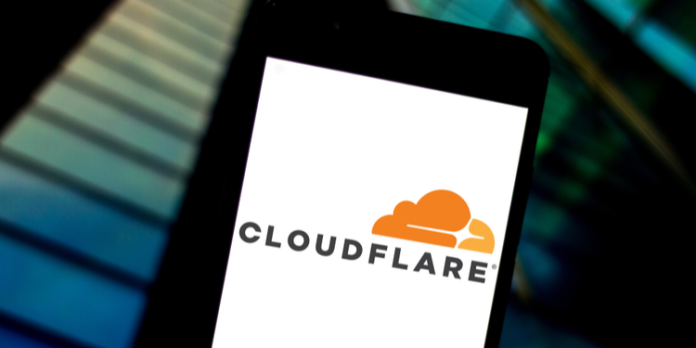Cloudflare, a web infrastructure security company, extended its services to the Ukrainian government, telecom, and any Ukrainian organization facing an attack at no cost.
The company said it is crucial they continue to operate and deliver critical information to their citizens and the rest of the world about what is happening to them.
It also expedites the onboarding of any Ukrainian entity for its full suite of protections. Cloudflare is currency assisting more than 60 organizations in Ukraine, with about 25% of those organizations coming aboard during the current crisis.
“Many of the new organizations are groups coming together to assist refugees, share vital information, or members of the Ukrainian diaspora in nearby countries looking to organize and help,” the company said in a blog post.
It also urged any Ukrainian organization facing an attack to apply for free protection.
Cloudflare said it moved customer encryption key material out of their data centers in Ukraine, Russia, and Belarus.
“Our services continued to operate in the regions using our Keyless SSL technology, which allows encryption sessions to be terminated in a secure data center away from where there may be a risk of compromise.”
Cloudflare has configured its facilities and servers in Ukraine, Belarus, and Russia to brick themselves if they lose the power of connectivity to the internet.
“All data on disk is encrypted with keys that are not stored on-site. Bricked machines will not be able to be booted unless a secure, machine-specific key that is not stored on-site is entered.”
Cloudflare received several calls to terminate its services inside Russia. After considering these requests, the company decided that ‘Russia needs more Internet access, not less.’
“As the conflict has continued, we’ve seen a dramatic increase in requests from Russian networks to worldwide media, reflecting a desire by ordinary Russian citizens to see world news beyond that provided within Russia,” it said.
More from Cybernews:
Putin’s crypto war chest? US Senate points to DeFi hole in Western sanctions
Latest Anonymous leak contains Yandex, Gmail, and Mail.Ru logins
The worst of cyberwar is yet to come?
Do NFTs have a legitimate future, or has the illicit gold rush ruined them
Information stolen in a T-Mobile breach is circulating on the dark web
Subscribe to our newsletter










